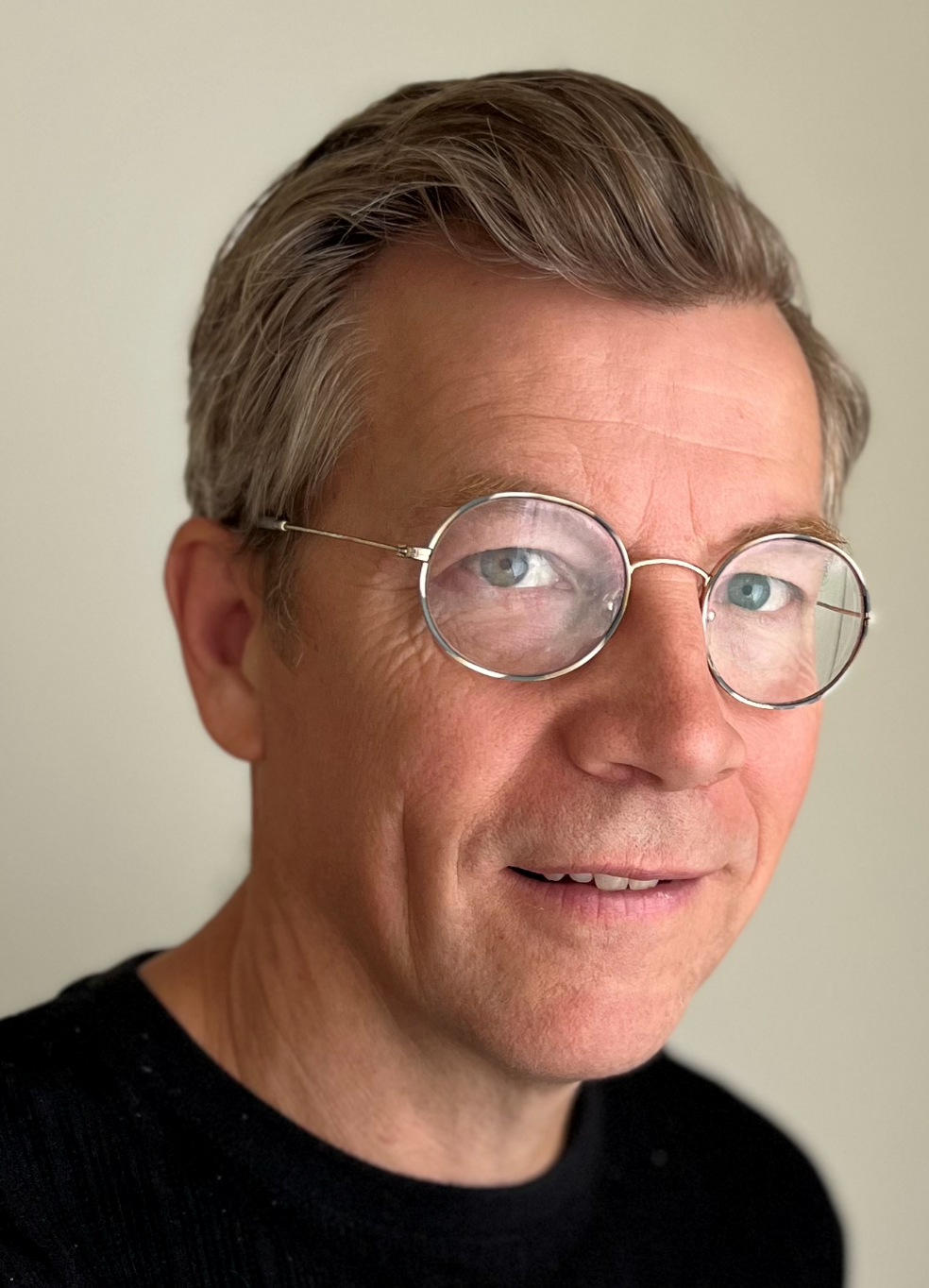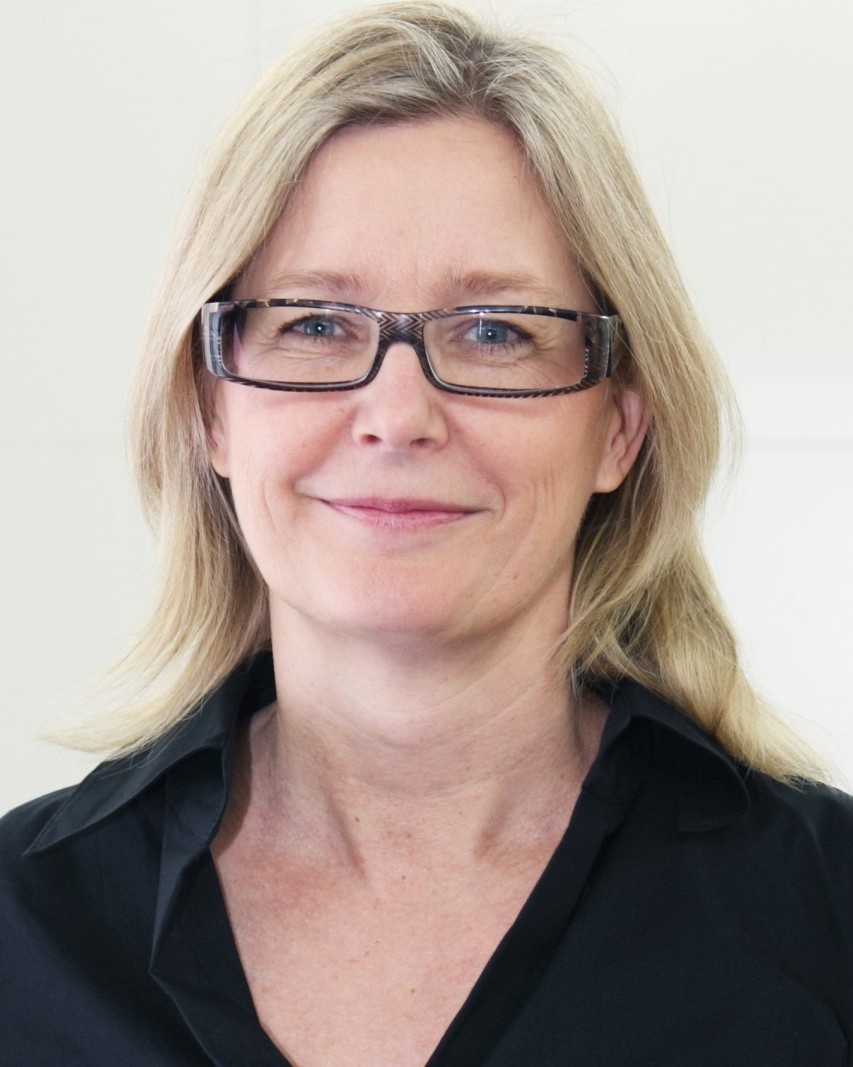Experienced visiting researchers strengthen GRACE
Two senior visiting researchers are already involved in GRACE's work to find solutions to the manufacturing industry's major future challenges. Ulrika Harlin and Gustav Jansson both have extensive experience in complex product development.
In addition to developing the industry's transition towards sustainability and circularity, the Knowledge Foundation's long-standing investment in GRACE will also strengthen the research environment at the School of Engineering, Jönköping University. To add external expertise and expand the university's network, two guest researchers are now involved in various GRACE projects -
Ulrika Harlin at RISE in Mölndal and Gustav Jansson from Luleå University of Technology.

Gustav Jansson, Associate Professor at Luleå University of Technology
-"I was asked this question when I was the opponent at a dissertation defense in Jönköping," says Gustav Jansson, who also brings a new partner into GRACE - Lindbäcks Bygg from Piteå, a house manufacturer that, like many other industrial companies, faces major complex challenges as the demands for circularity and sustainability increase.
-"It is an extra big challenge in house construction because you usually allow customization far into the process and those wishes can clash with EU requirements," explains Gustav Jansson, who has almost twenty years of experience in construction and design issues and now focuses on information flows, systematic requirements management and how modularization can be used to make the design phase in the housing industry in particular flow smoother and faster. He also has deep knowledge of digitized construction with building information modeling (BIM) where he has had assignments for both the mining and pulp industry in the north and also worked at the national level to develop learning about BIM for Swedish universities within the BIM Alliance.
Research with Volvo and Polarbröd
Ulrika Harlin has been an industrial researcher for over thirty years and is something of a "spider in the web" when it comes to networking for research on the development of production in Swedish industry. She coordinates the production management cluster within the Swedish Production Cluster and is particularly interested in contributing to strengthening companies' ability to handle rapid change and an accelerating pace of development where many need to make major changes in an unexplored terrain without really being able to build on previous experiences or facts.

Ulrika Harlin, Industrial researcher at RISE
-There is often a strong focus on developing and implementing new technologies. I try to bring in the organizational and human aspects early in production development processes so that you design right from the start. How will the change affect work now and in the future, and how can we create the conditions so that the new concepts will work in practice with, for example, the skills development that will be required? These kinds of questions often come in too late in the development process," explains Ulrika Harlin.
Her interest in industrial development and research was born when she studied Volvo's transition to being able to manufacture different car models on the same production line.
-"It was a paradigm shift and I was struck by the impact on work beyond the design table, PowerPoints and the technology solutions themselves. I saw that people with different functions - development teams, support functions, management and production staff, need to work much closer together and in new ways as they create the conditions for each other's work and to gain a holistic understanding," says Ulrika Harlin, who also worked with Polarbröd's journey of change when the company had to rebuild its factory after a fire and create the conditions for an even more sustainable business - economically, environmentally and socially in a rapidly changing world.
A community that builds trust
The rapid transition that now awaits the manufacturing industry towards sustainability goals and increased circularity is of course gigantic, and largely unexplored - regardless of industry.
-"These are new areas that need to be developed for both products and production systems, and they are extremely complex, requiring completely new collaborations with several actors while ensuring that regular operations function. There are also increasing demands for traceability and documentation. There is a risk of drowning in this because it is so labor-intensive and concerns new areas where you lack experience and cannot build on previous working methods or proven knowledge, says Ulrika Harlin. At the same time, competitive advantages are created by working with new development issues at an early stage - where GRACE enables the exchange of experience and co-creation of new knowledge to enable green transition in companies.
Both she and Gustav Jansson are attracted by the way of working and the conditions in GRACE - a long-term work, together with the industry.
-"I am very much looking forward to working with the mix of companies and really like the applied research when you meet, take the question home, turn and twist it to try to understand," says Gustav Jansson, who returns to Småland in the fall together with Lindbäcks Bygg from Piteå.
-"It becomes a valuable community that builds trusting relationships, exchange and knowledge together," says Ulrika Harlin. With experience from HELIX Competence Center at Linköping University, where close and interactive collaboration between different parties has been a success factor, she sees great value and looks forward to the collaboration in GRACE.
-"It is of enormous value to exchange experiences with others who are grappling with the same issues. We want to go in the same direction and can support each other in different ways.


